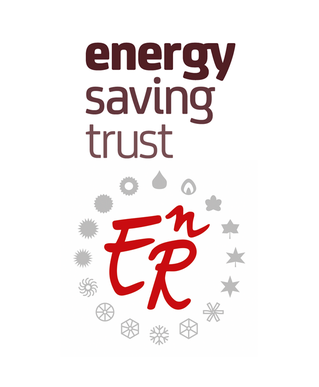Search eceee proceedings
Towards inclusive urban building energy models: incorporating slum-dwellers and informal settlements (IN-UBEMs)
Panel: 5. Smart and sustainable communities
This is a peer-reviewed paper.
Authors:
Kathryn Janda, Energy Institute, University College London, United Kingdom
Pamela Fennell, Energy Institute, University College London, United Kingdom
Charlotte Johnson, Energy Institute, University College London, United Kingdom
Julia Tomei, Energy Institute, University College London, United Kingdom
Xavier Lemaire, Energy Institute, University College London, United Kingdom
Abstract
Urban building energy models (UBEMs) are emerging as a data-driven method for predicting energy consumption and assessing the impacts of policies aimed at reducing carbon emissions in cities. To date, the majority of these models have been developed for cities in the global north where urbanisation rates are relatively slow, the building stock turnover is low and data are relatively easy to obtain. As their use expands, they are being applied in faster-growing urban areas in the global south, where considerable investment is planned in capital infrastructure.
This paper focuses on slums, which include populations that are hard to reach, underserved by current energy systems, and largely absent from UBEMs. It asks: what are the social, economic, and environmental implications of excluding slum dwellers and informal settlements from UBEMs used for policy development?
If existing UBEMs do not adequately capture the needs of low-income urban residents, then planning decisions based on these models risk both carbon lock-in and deepening poverty for already marginalised groups. To redress these problems, this paper considers three key questions:
– how informal settlements and low-income groups have been represented in UBEMs to date and the potential implications of their exclusion
– the politics, norms and behaviours of energy supply and demand within informal settlements
– what issues should be explored to integrate these marginalized housing groups within UBEMs.
In conclusion, it calls for additional social science research to reduce the impacts of exclusion and to co-produce new methodologies with energy modellers. Future steps include fostering ongoing engagement with both expert and non-expert populations to facilitate citizen participation in evidence-based planning decisions.
Downloads
Download this paper as pdf: 5-389-19_Janda.pdf
Panels of
1. The dynamics of limiting (energy) consumption
2. What's next in energy policy?
4. Monitoring and evaluation for greater impact
5. Smart and sustainable communities
7. Make buildings policies great again
8. Buildings: technologies and systems beyond energy efficiency
9. Improving energy efficiency in ICT, appliances and products

























